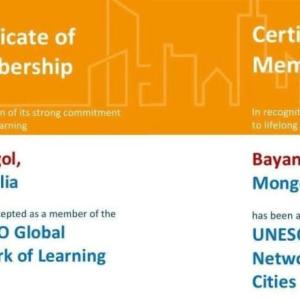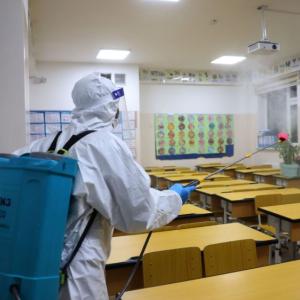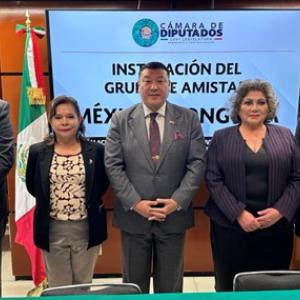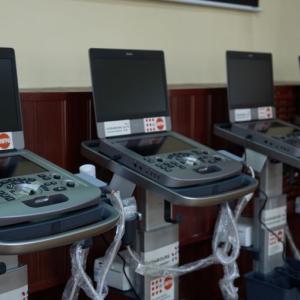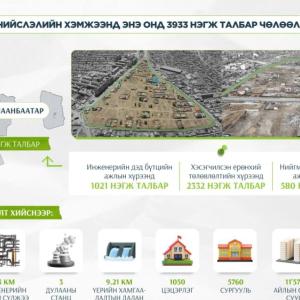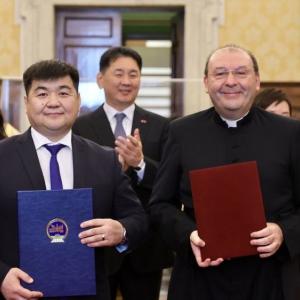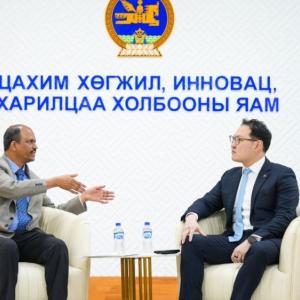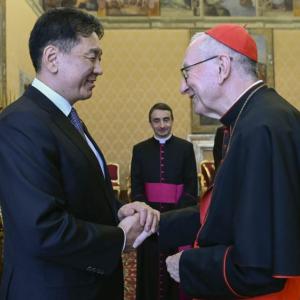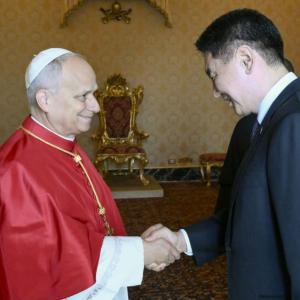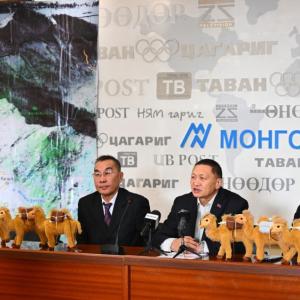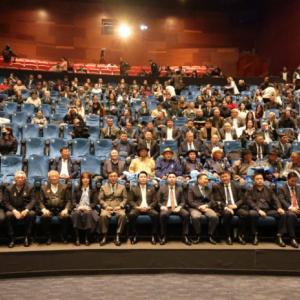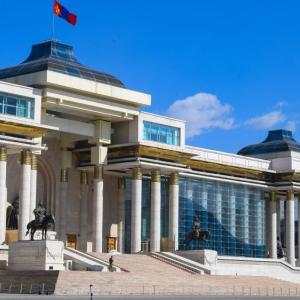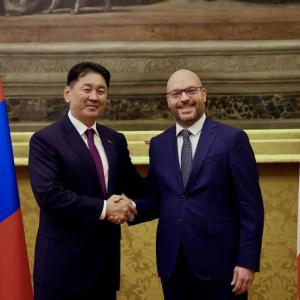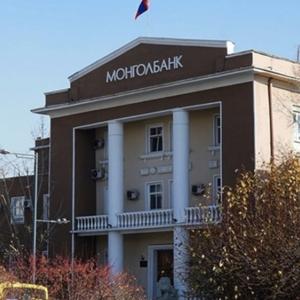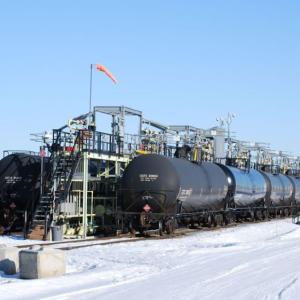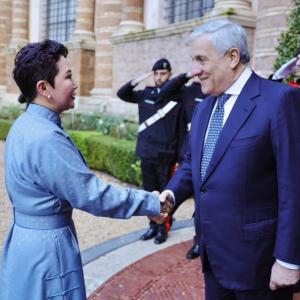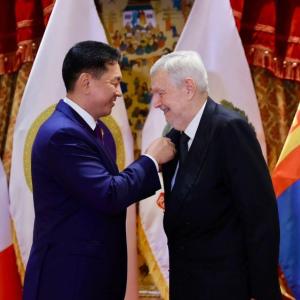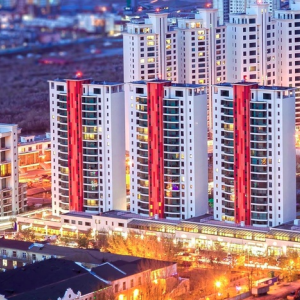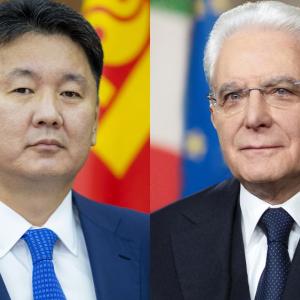Permanent Representative of Mongolia to UN Participates in Open Debate on Strengthening Peacekeeping
Politics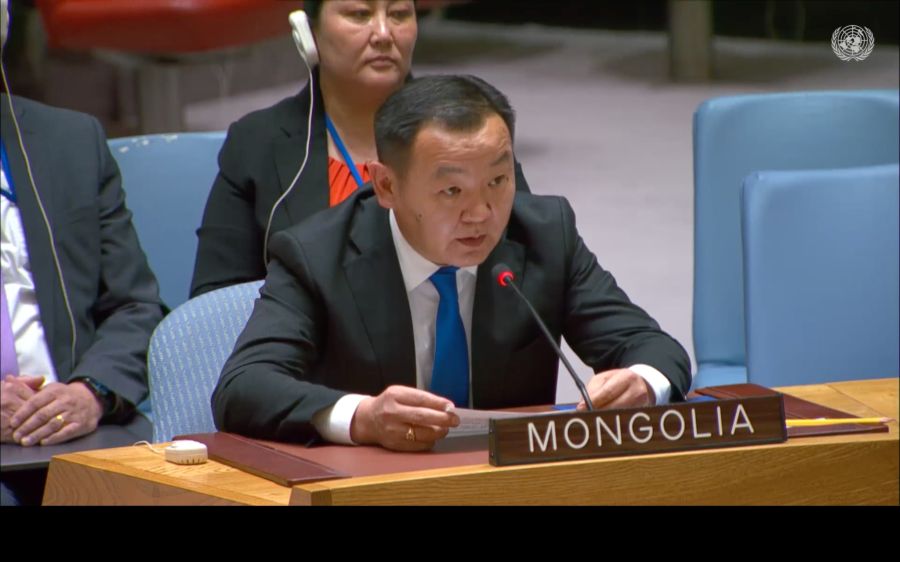
Ulaanbaatar, September 12, 2024 /MONTSAME/. On September 9, 2024, the Security Council of the United Nations organized an open debate on “Strengthening UN Peacekeeping: Reflections for the Future” at the United Nations Headquarters.
The open discussion, initiated by Slovenia, which holds the presidency of the UN Security Council for September was chaired by H.E. Mr. Samuel Žbogar, Permanent Representative of Slovenia to the UN. Mr. Jean-Pierre Lacroix, UN Under-Secretary-General for Peace Operations. Dr. Comfort Ero, President of the International Crisis Group and Mr. Zeid Ra’ad Al Hussein, President of the International Peace Institute delivered briefings at the open debate, which featured contributions from representatives of more than 70 member states of the United Nations.
Troop-contributing countries to UN peacekeeping operations actively participated in the open discussion, clarifying the mandates of peacekeeping missions in line with the specific contexts of the countries involved. They also addressed the need for adequate funding and expressed strong support for women’s participation in all aspects of peacekeeping.
H.E. Mr. Ankhbayar Nyamdorj, Permanent Representative of Mongolia to the United Nations, participated in the discussion and delivered a statement outlining Mongolia’s stance on the issues at hand. He highlighted that over the past 20 years, more than 20,000 Mongolian troops, including over 1,500 female peacekeepers, have contributed to UN peacekeeping operations. Additionally, he introduced a new initiative aimed at supporting peacekeepers and their families. Mongolia also reaffirmed its strong support for UN Resolution 1325 and the Secretary-General’s Action for Peacekeeping initiative, while expressing its commitment to increasing the participation of women in peacekeeping operations. He emphasized the need for clear and realistic mandates for peacekeeping operations, highlighting the importance of ensuring peacekeepers’ safety, providing adequate funding, and equipping them with proper training and technology to ensure the success of peacekeeping missions.
 Ulaanbaatar
Ulaanbaatar





